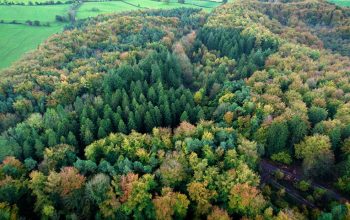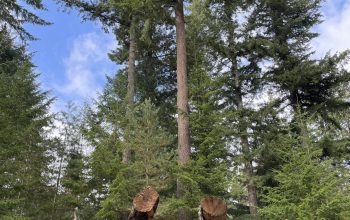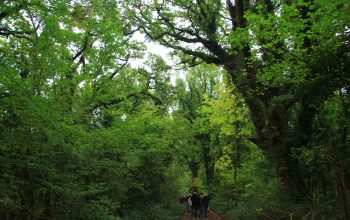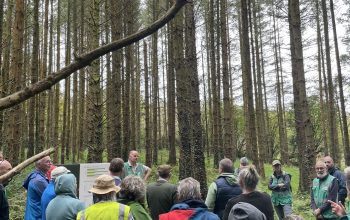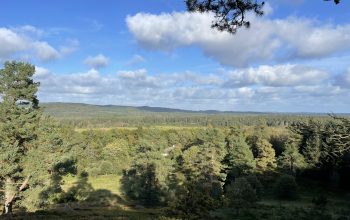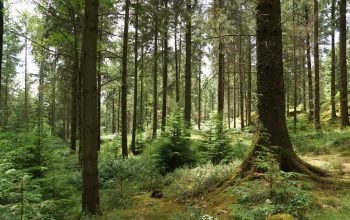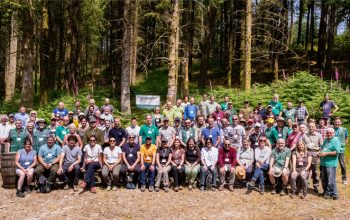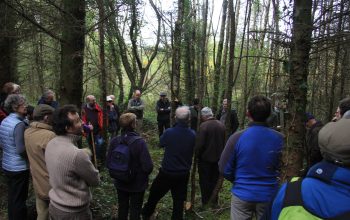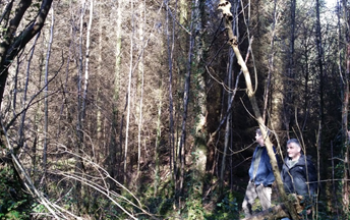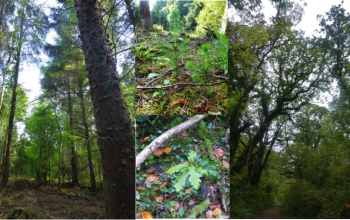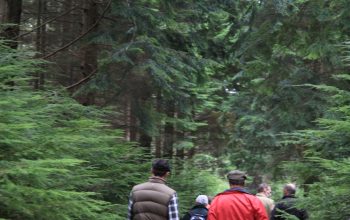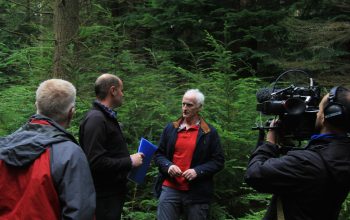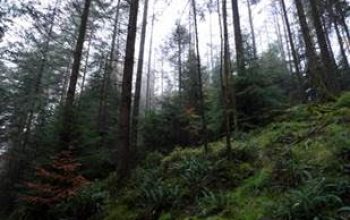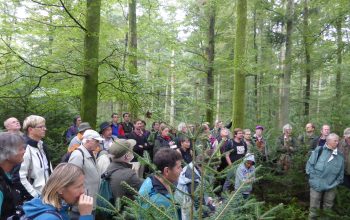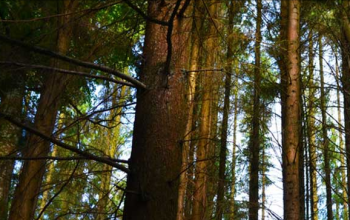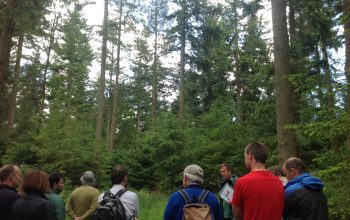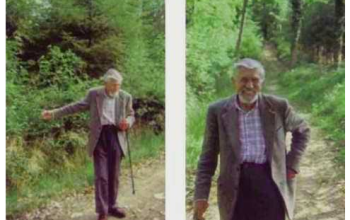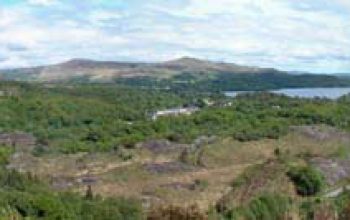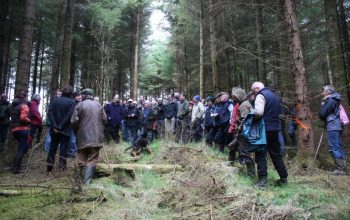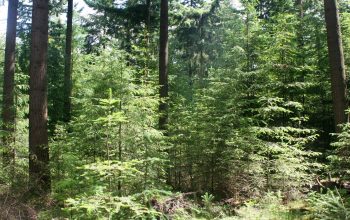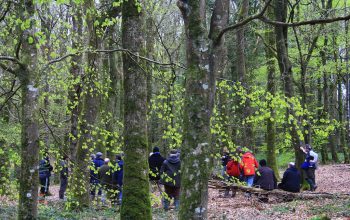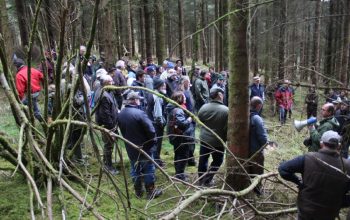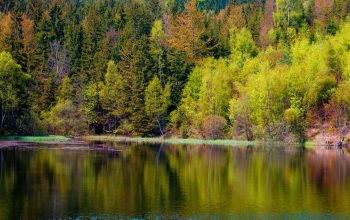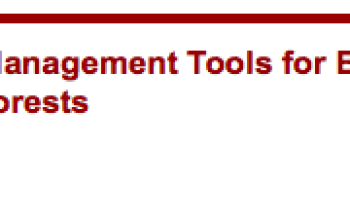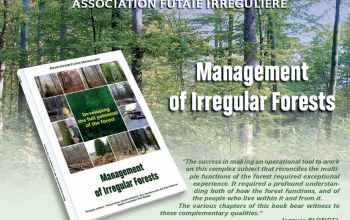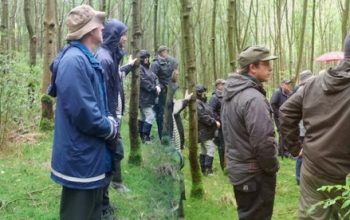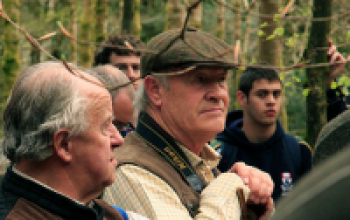
Pro Silva Ireland is delighted to announce a public talk next week on building adaptive forests in the era of climate change. Czech forest researcher Dr Pavel Bednar said European forests were increasing at risk due to the effects of climate change, in combination with the consequences of historical forest management approaches. Continuous Cover Forestry (CCF) offered an alternative strategy that may become essential to future forest survival.
“There is an obvious need to change present forest management…While in the past CCF could be an option or alternative; today, and more evidently in the future, it can start to be a necessity,” Dr Bednar said.
Dr Bednar, a researcher for the Forestry and Game Management Research Institute in the Czech Republic, will give a talk at UCD titled:
“Conversion to Continuous Cover Forestry (CCF) as an adaptive forest management strategy within the context of global climate change”.
The event is being held in UCD starting 8pm, Thursday 25th April, in Room 1.47 on the first floor of the Agriculture Building.
Talk Abstract:
Risks to European forests are increasing due to climate change effects in combination with the consequences of historical forest management approaches. There is an obvious need to change present forest management. The importance to divert from silviculture systems of coniferous forest stands, that are homogenous both in tree species composition and age, was already a clear recommendation more than a hundred years ago. Even at that time, there was sound evidence that such even-aged and single-species forests are sensitive to forest disturbances caused by both biotic and abiotic factors. Thus, Continuous Cover Forestry is not an all-new idea, but it is more the restoration of findings that have been known for very long time, and making them more relevant to current knowledge and new evidence. In addition, this way of thinking in forestry is getting a new dimension right know, when the impacts of Global Climate Change start to be more evident and serious, even more serious, than it was expected even a few years ago, according to applied models. While in the past CCF could be an option or alternative; today, and more evidently in the future, it can start to be a necessity.
Dr Pavel Bednar Full Bio:
Dr Bednar is researcher for the Forestry and Game Management Research Institute – Research Station of Silviculture in Opočno, in the Czech Republic. His specialisation is mainly Continuous Cover Forestry, and forest stand transformation, forest tending and regeneration. He is presently involved into research in forest stands´ water regimes. Dr Bednar studied Forestry at Mendel University in Brno (MSc. – 2009) and completed his Ph.D. at the same university (Ph.D. 2016). Dr Bednar completed his Ph.D. as the research internist at Department of Silviculture (Faculty of Forestry and Wood Technology of Mendel University in Brno) and the title of his Ph.D. thesis was: “Secondary monocultures of Norway spruce (Picea abies): transformation and conversion processes and the subsequent changes within the forest stand”. Dr Bednar has been a member of Pro Silva Bohemica for 10 years and involved as a board member in many of the activities of the group. Within PSB he is involved mainly in international collaboration, which has given him the opportunity to visit and observe many different European countries from a forestry viewpoint, working in collaboration with forestry practitioners, looking at interconnecting forest research and forest practice and into game management issues.


